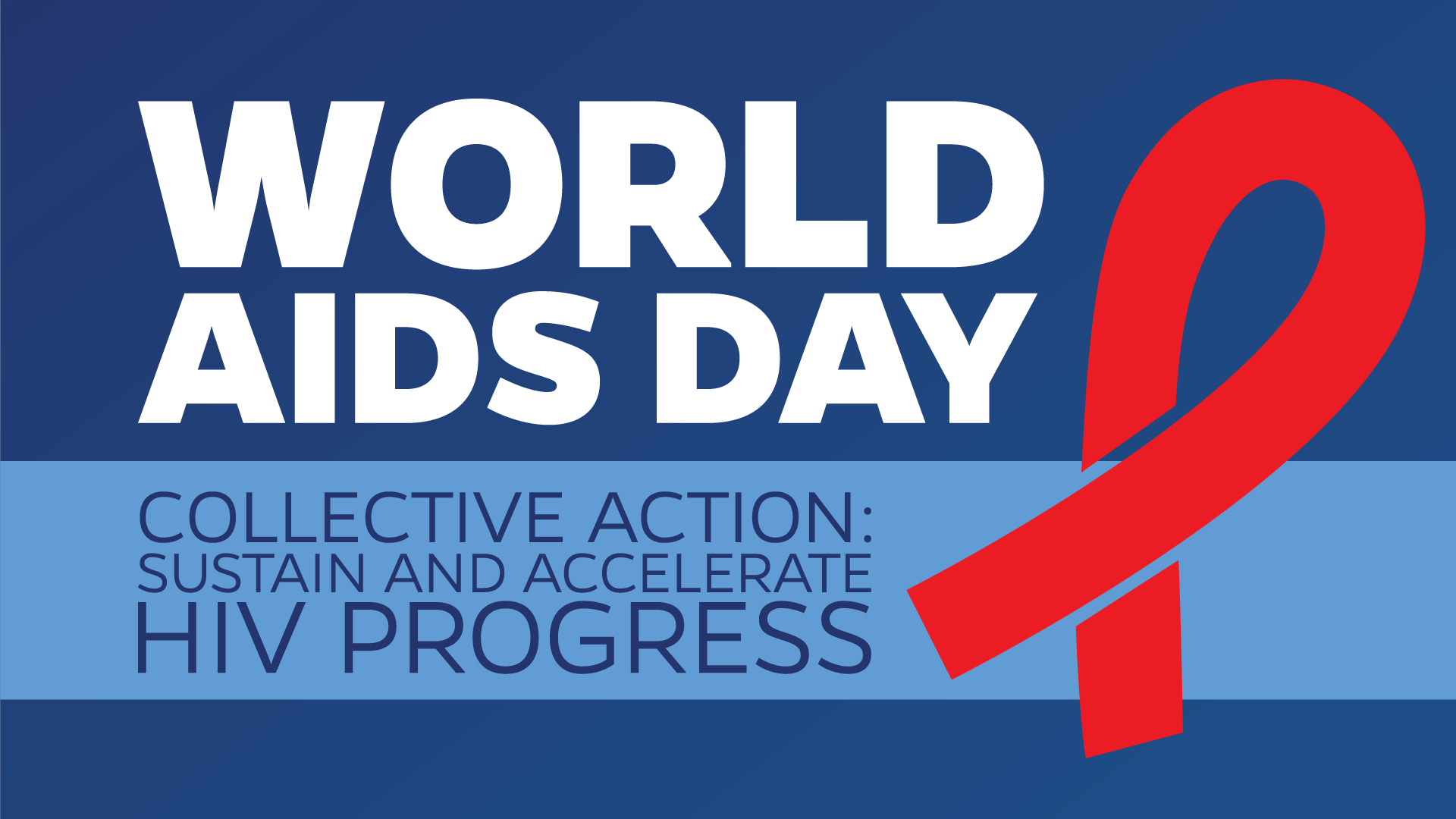2024 WORLD AIDS DAY
Latest | Home | About | Our People | CLAFH | Events | News | Stories | IPS Affiliates | Training
2024 WORLD AIDS DAY
Collective Action Needed to End HIV/AIDS
Common Ground for Divided Nation
This World AIDS Day Sunday, December 1, the Center for Latino Adolescent and Family Health (CLAFH) along with the Institute for Policy Solutions (IPS) at Johns Hopkins School of Nursing is calling all sectors to act.
“Collective action on HIV/AIDS can be common ground for a divided nation. On World AIDS Day and beyond, please do something to end the epidemic once and for all. Please act collectively in your community and within your network. Reach out and practice the golden rule with compassion. Know that while you are helping speed the end of HIV/AIDS — you might be building bridges at a time our nation most needs them,” said Dr. Vincent Guilamo-Ramos, director of CLAFH and executive director of IPS.
The CDC’s most recent HIV data shows a welcome overall drop of 19% in new HIV infections over a ten-year period. But there was something else the data revealed — an invisible HIV crisis in the Latino community. For the same period, estimated new HIV infections among Latinos increased overall by 12% — and by 24% for Latino men-who-have-sex with men, and 95% for men-who-have-sex with men aged 25-34. Transgender Latina women didn’t fare much better with annual new HIV diagnoses increasing by 94% (2014-2022). This is the first time EVER Latino MSM have more new HIV infections than any other group.
“We can’t end HIV/AIDS across our country unless we take collective action to reverse the Invisible Latino HIV crisis,” Guilamo-Ramos stressed.
Some sectors can help supercharge this collective effort.
- The Media can raise visibility of the crisis.
- HIV Prevention and Treatment Organizations can conduct better, more meaningful Latino community engagement.
- Public Health Planners can redesign the public health response to be Latino-specific.
- Frontline HIV responders can deliver HIV services in ways that meet Latinos’ needs.
- Scientists can foster greater Latino-focused research and evidence generation.
- Our Leaders can do more to address the structural drivers that place Latinos at risk for HIV.
To heed the call to action, click here where you can download an array of action assets including: a short video, a conversation guide, and social media assets to share.
“We are so close to ending HIV/AIDS. Collective action — especially where HIV infections are going in the wrong direction — will get us there,” Guilamo-Ramos said.

